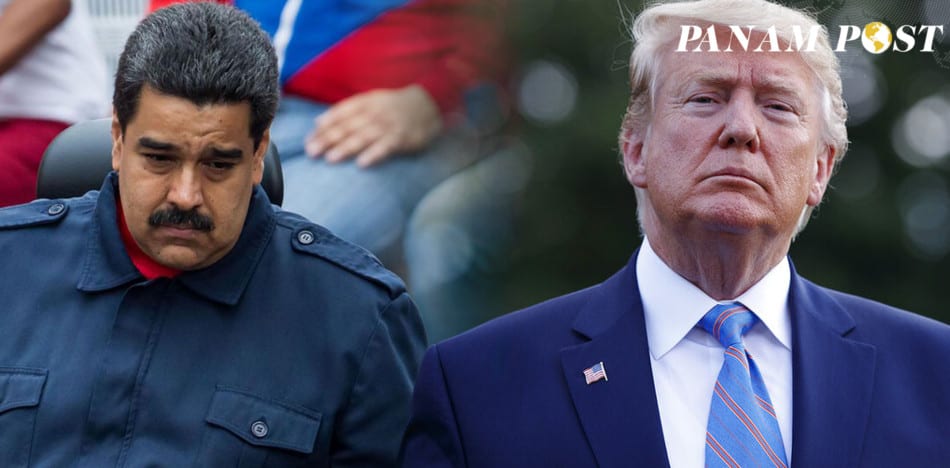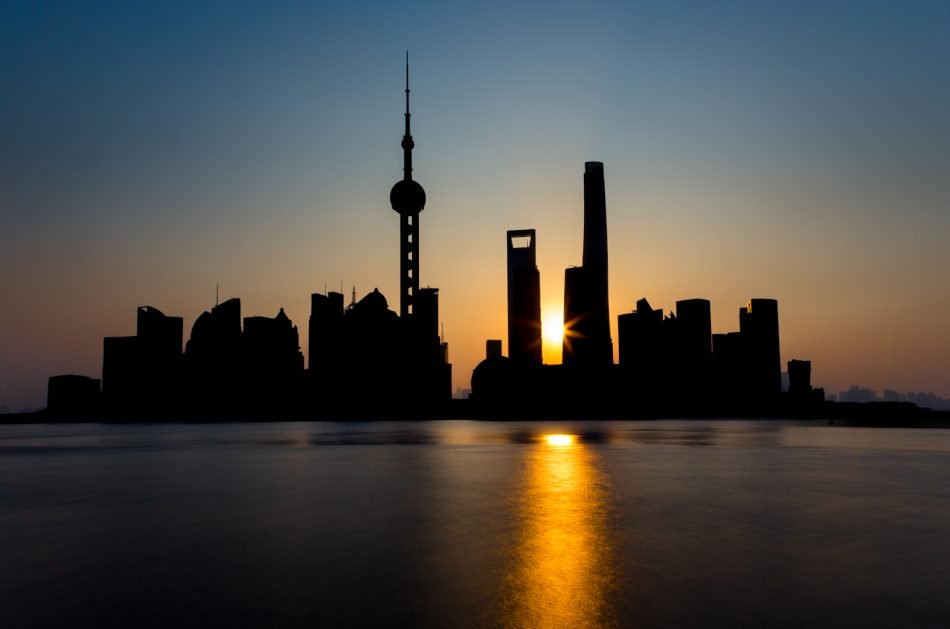
Spanish – The U.S. government is once again mobilizing different approaches regarding Venezuela and devising new strategies to exert pressure against the regime of Nicolas Maduro. It has raised the threat of a naval blockade and at the same time initiated contacts with the DEA.
Amid a paralyzed dialogue between the dictatorship and the Venezuelan opposition, the United States Government is also beginning to mobilize around the credible threat of force and deterrence. The conversation is no longer just about military intervention in Venezuela, but also about other pressure mechanisms seeking the fall of Nicolas Maduro.
On Monday, 19th August, Donald Trump’s administration announced its intention to implement a naval blockade on the coasts of the South American country so that goods that benefit the dictatorship do not enter or leave Venezuela. In light of this decision, the head of the Southern Command, Admiral Craig Faller, made it clear that “the United States is ready to do whatever is necessary” concerning Venezuela.
“I’m not going to detail what we’re planning and what we’re doing, but we’re ready to implement policy decisions, and we’re ready to act,” Faller said.
“The United States Navy is the most powerful navy in the world. If there is a political decision to deploy the Navy, I am confident that we will be able to do whatever is necessary,” he added.
The statements of the head of the Southern Command show that the United States has not abandoned the military option for Venezuela while exploring other options.
At the same time as Trump’s announcement of a naval embargo, information was leaked about secret meetings that possibly happened between the American government and Chavista Diosdado Cabello.
According to the AP news agency, high-ranking officials of Donald Trump’s administration began conversations with Cabello and other members of Nicolas Maduro’s circle to persuade them. AP explains that part of the discussions includes guarantees and incentives for Cabello and some Chavista leaders to give in to the demands of the international community and step down from power.
The fact that information about Cabello has leaked shows the intention of breaking away from Chavismo and generating distrust within the regime.
On the other hand, the government of interim President Juan Guaido also sent the delegation in charge of the dialogue in Barbados to the United States to present the issues discussed behind closed doors.
The delegation will attend a meeting with White House authorities to address the points on the dialogue table with Norwegian mediation, including the possibility of possible presidential elections.
Recent developments by the U.S. include meetings with the Drug Enforcement Administration (DEA) that initiated talks to coordinate strategies against the Maduro regime, knowing that it is a narco-state.
Venezuela’s ambassador to the United States, Carlos Vecchio, met with the Special Commissioner for Security and Intelligence, Ivan Simonovis, along with authorities from the U.S. Drug Enforcement Administration (DEA), to coordinate cooperation mechanisms against drug trafficking promoted by the Maduro regime.
El embajador @carlosvecchio, y el Comisionado Especial de Seguridad e Inteligencia, Iván @Simonovis, se reunieron en privado con autoridades de la Administración para el Control de Drogas (DEA) de #EEUU.https://t.co/8gmRlf1r4a
— Embajada de Venezuela ante Estados Unidos (@EmbajadaVE_USA) August 19, 2019
Carlos Vecchio specified details of this private meeting on Twitter: “We are fine-tuning strategies and cooperation mechanisms with the DEA to combat drug trafficking at all levels, especially that which the Maduro regime protects and sponsors together with irregular groups and organized crime.”
In recent weeks, U.S. authorities have put considerable pressure on the Chavista regime, after including Tareck El Aissami on the list of the most wanted people in the U.S., after he was involved in drug trafficking cases. Furthermore, on 8th August, Venezuela was included in the list of the 22 most crucial drug-producing or transit countries.
Everything indicates that the U.S. government is analyzing various strategies to continue pressuring the exit of Nicolas Maduro, and exhausting all options that are “on the table” before potential military intervention.
 Versión Español
Versión Español













